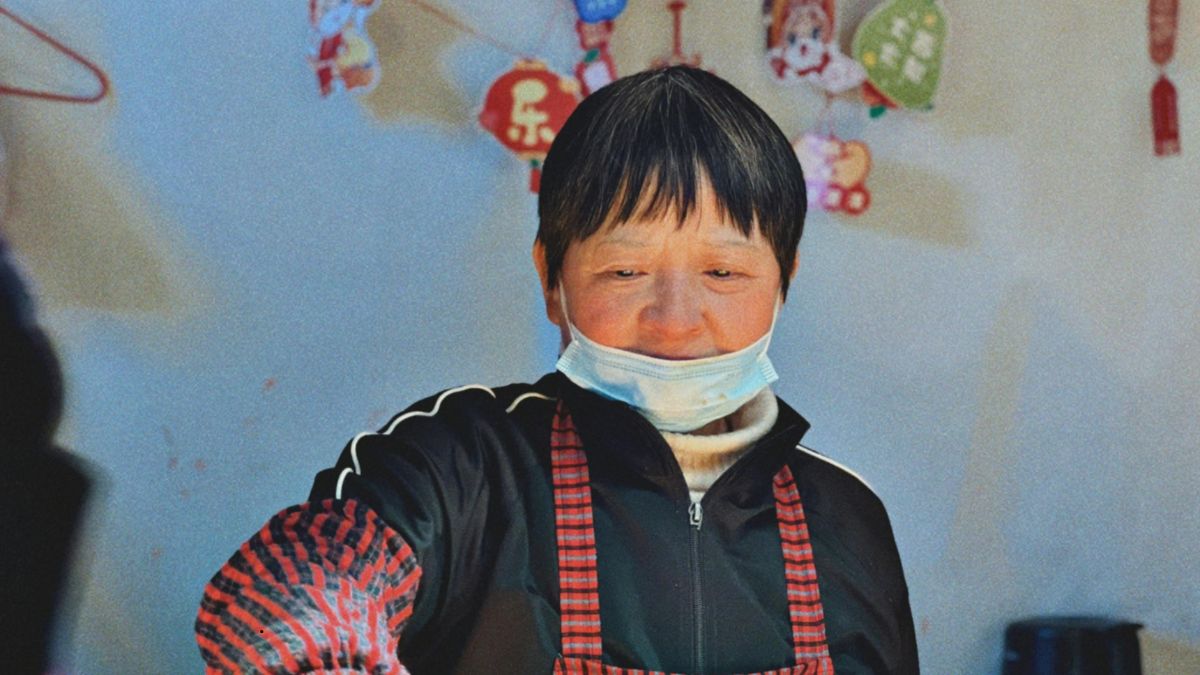China’s deflationary concerns mounted in March as both consumer and producer prices declined, deepening the economic pressures already heightened by the escalating trade conflict with the United States.
Data released by the National Bureau of Statistics on Thursday showed the Consumer Price Index (CPI) fell 0.1% year-on-year in March. This marked the second consecutive month of consumer deflation, following a 0.7% drop in February. Analysts had expected prices to remain flat.
On the industrial front, the Producer Price Index (PPI) — a key indicator of wholesale inflation — declined 2.5% compared to a year ago, extending its deflationary streak to 29 consecutive months. This was worse than the 2.3% drop forecasted in a Reuters poll, and the steepest fall since November 2024.
Core inflation, which excludes volatile food and energy components, showed some signs of stabilization, rising 0.5% in March. However, this remains tepid compared to 0.6% in January, though it improved from February’s 0.1% contraction.
Economists say the divergence between CPI and PPI could become more pronounced. Tianchen Xu from the Economist Intelligence Unit noted that while consumer prices are slowly recovering, “Chinese exporters are essentially competing for a smaller global market” — a consequence of shrinking global demand and growing trade restrictions.
This data comes shortly after U.S. President Donald Trump ramped up tariffs on Chinese imports to 125%, a dramatic increase from the 104% announced earlier this week. In response, China imposed an 84% retaliatory tariff on U.S. goods.
Despite the weak inflation print, Chinese equity markets rallied. The CSI 300 Index rose 1.6%, and the Hang Seng Index in Hong Kong jumped 3.9%, boosted by optimism over upcoming stimulus measures. The onshore yuan hovered near multi-decade lows at 7.3469 to the dollar, while the offshore yuan weakened to 7.3611.
In his annual government work report, Chinese Premier Li Qiang emphasized that boosting domestic consumption is the top policy priority for 2025 — a rare move, with “consumption” reportedly mentioned 27 times, the highest in a decade.
Li Daokui, a respected economist and former advisor to the People’s Bank of China, told CNBC that major stimulus measures focused on household spending and consumer demand would be announced “within 10 days.”
Analysts believe these initiatives could provide the spark needed to reverse China’s deflationary trend, especially as Beijing scrambles to meet its ambitious “around 5%” GDP growth target for the year.


